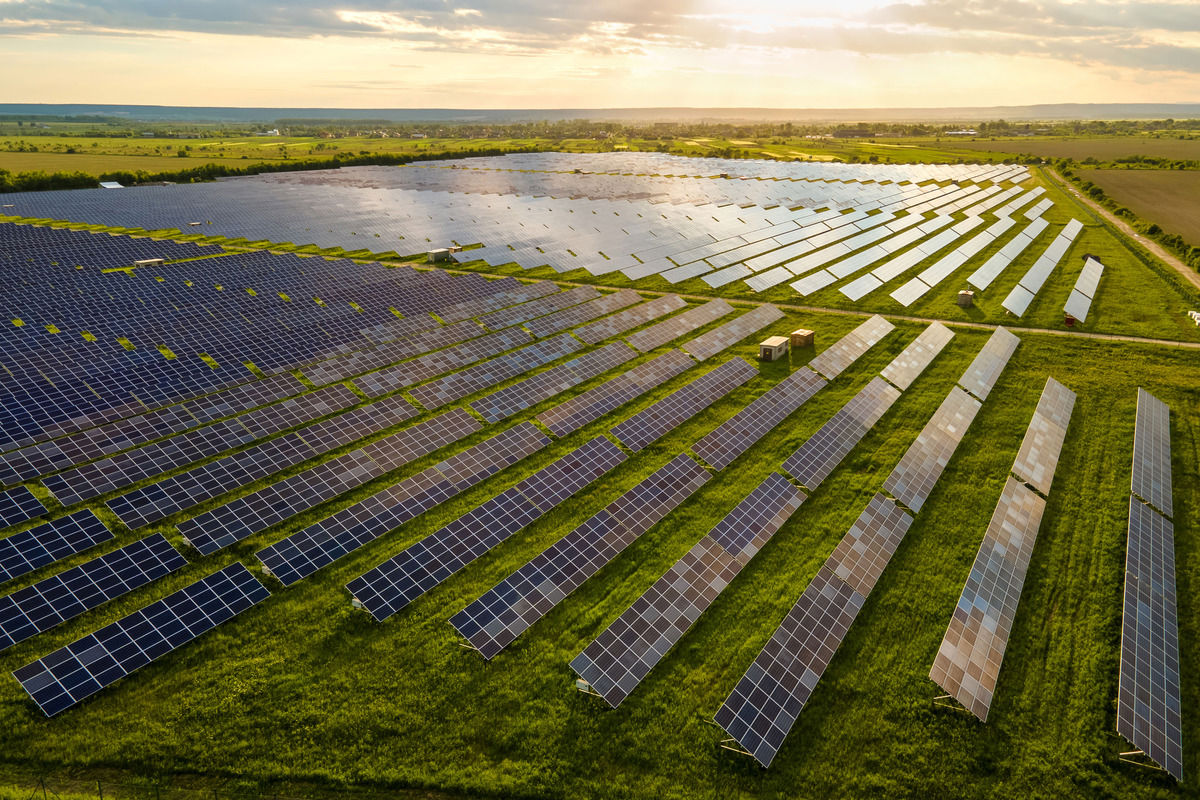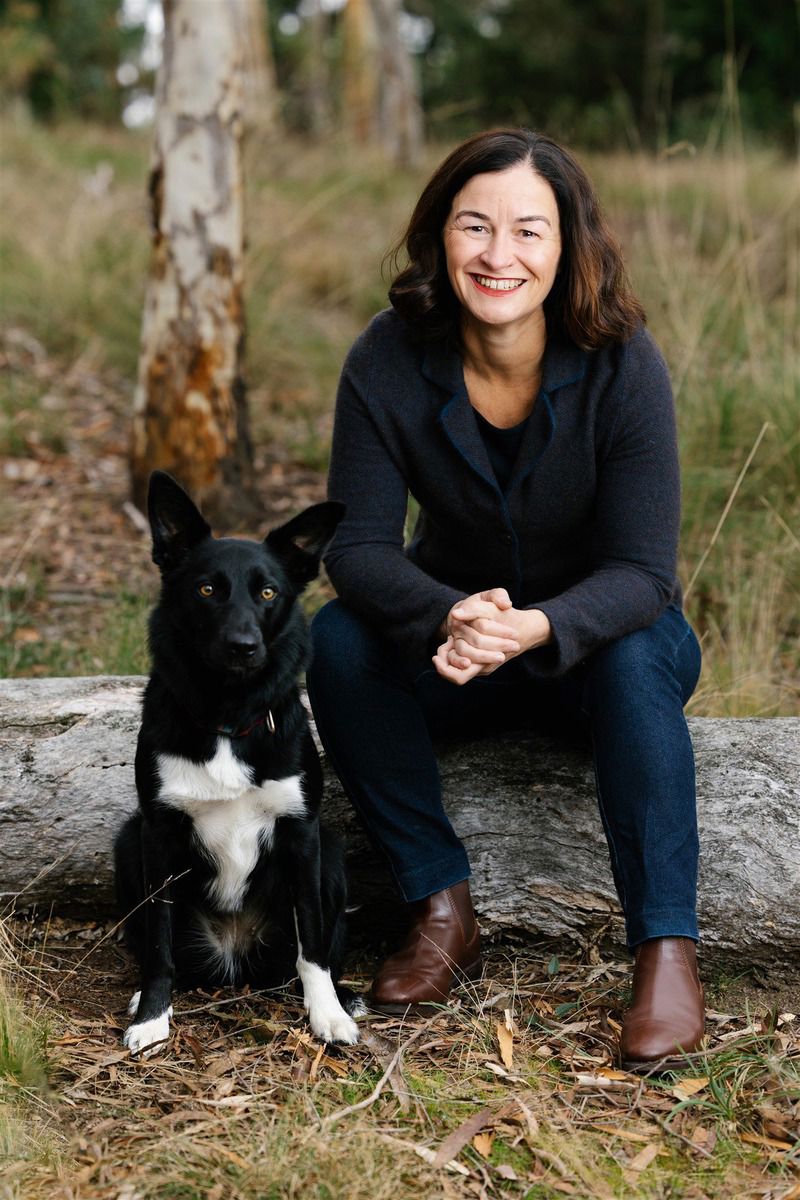Bridging the sustainability - human rights gap
From critical minerals to luxury textiles, we protect the 'Made with Integrity' promise. Led by Fiona David, founding architect of the Global Slavery Index, we provide the expertise required to manage modern slavery risks in the world's most complex supply chains.

Why Fair Futures?
The pressure is high and the reality is complex. In an era of rapid energy transition and increasing regulatory scrutiny, the gap between sustainability claims and human rights reality is a critical vulnerability.
The real risk lies in the disconnect between values and action. While values are often clearly stated in public commitments, human rights risks remain buried in silos like procurement or project delivery. This gap between what is said and what is done creates a legal, political, and reputational minefield.
We bridge the divide. Fair Futures provides the senior-level support to move beyond 'tick-box' forms. We make sure your respect for human rights isn't just a policy on a shelf, but a reality in your operations.
We ensure that what you do on the ground actually matches the promises you make to the world.
Learn more
Fiona David, Principal and Founder, Fair Futures
What we do
-
Diagnose: Forensic research to uncover forced labour risks in Tier 2, Tier 3, and beyond.
-
Architect: Build systems that prevent harm and ensure operational integrity.
-
Assure: Ground-truth verification to ensure your social licence is built on validated data, not just a paper trail.
-
Embed: Serving as a Fractional Chief Human Rights Officer to bridge the gap between executive ambition and operational reality.
Ways to engage Fair Futures
1. Strategic diagnostic | Fixed scope
Establishing your baseline. A 4-week forensic review of your current governance to identify risk exposures and deliver a prioritised roadmap for mitigation and capability uplift.
2. Fractional chief human rights officer | Strategic integration
Your on-call human rights SME. Providing the senior-led authority of an in-house expert to bridge the gap between executive ambition and operational reality.
3. Specialist advisory | Bespoke
Targeted expertise for high-stakes moments. Strategic counsel for acute risks, including regulatory reviews, major transformations, and complex supply chain interventions.
Learn more about our services
Our expertise
Modern Slavery Governance. As the founding architect of the Global Slavery Index, Fiona David pioneered the world’s leading dataset on modern slavery. Fair Futures brings this unparalleled authority to your context. We help you manage forced labour risks with a level of rigour that satisfies the most demanding regulators.
The Just Transition & Net Zero. A sustainable future cannot be built on exploitation. Drawing on decades of front line experience, we advise on ensuring 'green' transitions - from renewable energy zones to circular supply chains - do not carry hidden social liabilities. We safeguard your social licence in a decarbonising economy by putting people at the heart of your climate strategy.
Effective Human Rights Due Diligence. We identify the right frameworks to apply to your business, to bridge silos, simplify complexity, and give you a forensic understanding of risk. We transform abstract requirements into defensible strategy that delivers genuine impact for workers and communities.
Ground-Truth Intelligence. Standard compliance often misses the nuances of exploitation. Drawing on decades of field experience, we provide a vital reality check on the supply chains powering the energy transition - uncovering the risks that exist beyond the paperwork to ensure oversight is based on ground-level reality.
Fair Futures at a glance
-
Identity | 100% Australian-owned and female-led
-
Authority | Led by Fiona David, founding architect of the Global Slavery Index, and Member of the TISFD Asia Pacific Regional Council
-
Status | NSW-based Regional SME
-
Procurement | Eligible for Direct Engagement (NSW Govt up to $250k)
Media & global impact
-
Podcast | ABC Radio National: Stopping Slavery in the Supply Chain
-
Insight | The Lowy Institute: Critical Minerals and the Case for Human Rights
-
Impact | 1,200+ Academic Citations across global human rights and criminology research

Fiona David, Principal, in Regional NSW. Bringing global human rights expertise to the frontlines of Australia’s energy transition.
